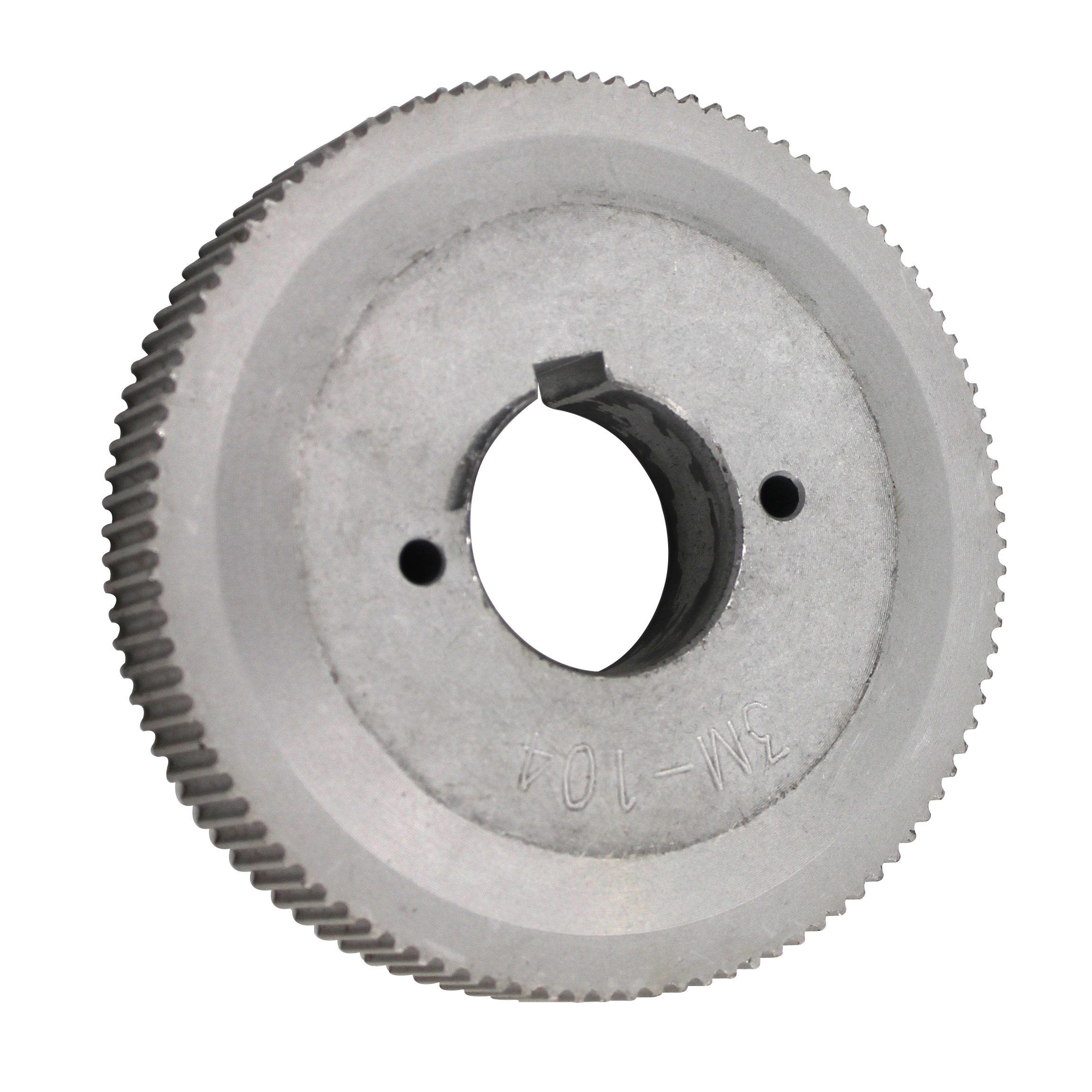corrugated flexible conduit
Understanding Corrugated Flexible Conduit A Comprehensive Overview
Corrugated flexible conduit, commonly referred to as flexible conduit or simply corrugated conduit, is an essential component in various electrical and mechanical applications. Its design typically consists of a spiral, ribbed structure that allows the conduit to bend and twist without compromising its integrity or functionality. This characteristic makes it particularly valuable in environments where flexibility and durability are paramount.
One of the primary advantages of corrugated flexible conduit is its ability to protect electrical wiring from physical damage, moisture, dust, and chemical exposure. The ribbed construction provides added strength, making it resistant to wear and tear, which is especially beneficial in industrial settings where equipment might be subject to frequent movement or vibration. This ensures a longer lifespan for both the conduit itself and the wiring it houses.
Additionally, the flexibility of the conduit allows for easy installation. Electricians and technicians can navigate tight spaces and make sharp turns without the need for additional fittings or connectors, which can save time and reduce labor costs during installation. Furthermore, installing corrugated flexible conduit does not require specialized tools; standard installation practices apply, making it accessible for a wide range of professionals.
corrugated flexible conduit

Corrugated flexible conduits come in various materials, including PVC, metal, and rubber, each suited for different applications. PVC conduits are lightweight and resistant to corrosion, making them ideal for outdoor and damp environments. In contrast, metal conduits, such as aluminum or steel, offer superior protection against electromagnetic interference (EMI) and are often utilized in industrial environments where electrical safety is critical. Rubberized versions provide the best resistance to extreme temperatures and physical impacts, making them suitable for high-stress applications.
Another vital aspect to consider is the flexibility in meeting regulatory standards. Many corrugated flexible conduits adhere to international standards, which helps ensure that installations are compliant with safety regulations. This compliance is crucial in avoiding electrical hazards and maintaining the safety of both personnel and equipment.
In summary, corrugated flexible conduit is an indispensable element in the electrical infrastructure across various sectors. Its unique blend of flexibility, durability, and protective qualities makes it a preferred choice for professionals in both residential and industrial applications. As technology continues to advance, we can expect innovations in the materials and designs of corrugated flexible conduits, further enhancing their functionality and application in the ever-evolving landscape of electrical engineering. Whether for new installations or retrofitting existing systems, the corrugated flexible conduit remains a vital component in ensuring safety, reliability, and efficiency in electrical systems.








